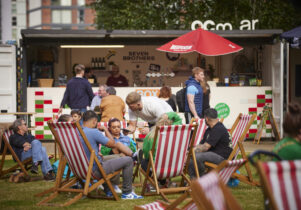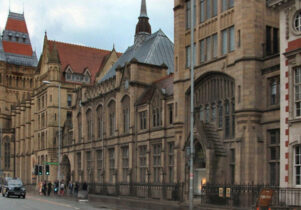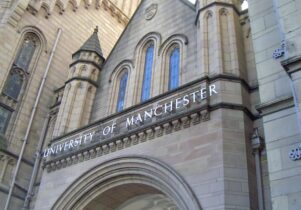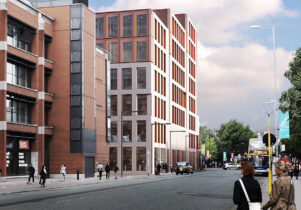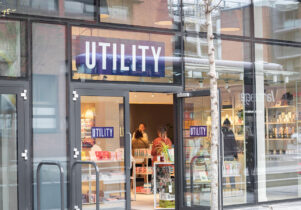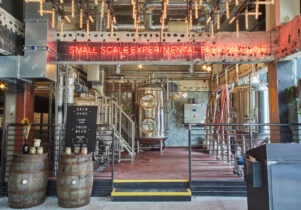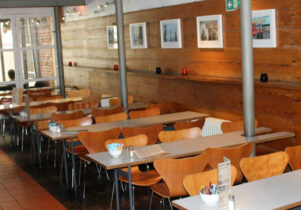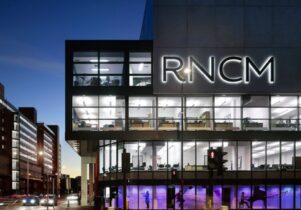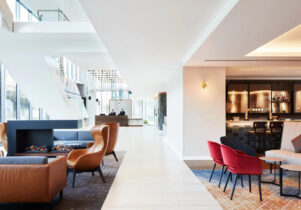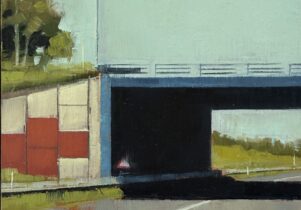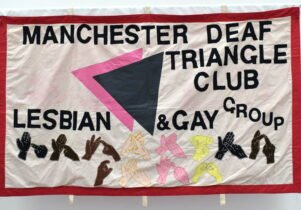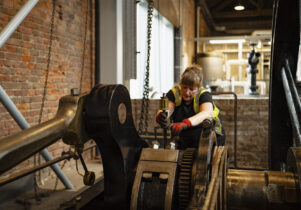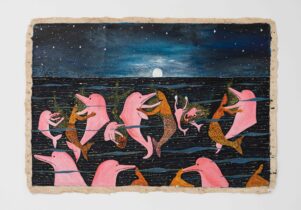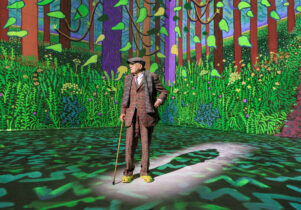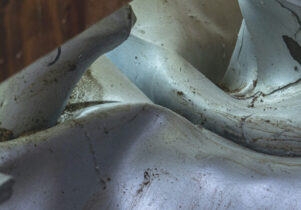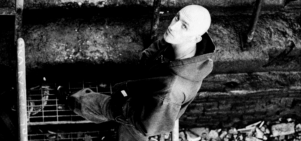Wild at Manchester Museum
Maja Lorkowska, Exhibitions EditorVisit now
Wild
Always double check opening hours with the venue before making a special visit.
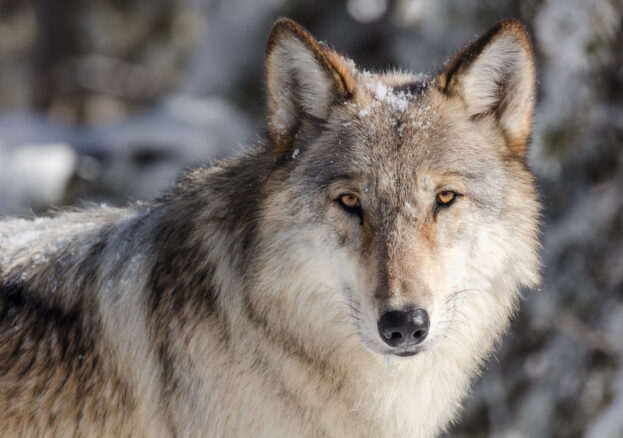
Manchester Museum explores the concept of ‘wildness’ nature as a means of tackling the climate and biodiversity crisis in a new exhibition. Wild features an immersive installation, audio, film and interactive elements alongside two-dimensional artworks and pieces from the natural history collection.
Objects and artworks from the museum collection are gathered together with more contemporary items that reference nature, like soft toys or flower-patterned crockery.
The show features five wild places from across the world, presenting different perspectives and ways of incorporating ‘wildness’ as a method of preservation, whether it is used in farming or to restore more traditional practices to heal the land.
For example, on the Isle of Arran in Scotland, a community-led campaign resulted in a No-Take Zone for marine regeneration, meaning that the seabed cannot be scraped for shellfish, in order to restore marine life in the area.
In Yellowstone Park, the first national park in the US, ‘fortress conservation’ was enforced which led to the removal of Indigenous people from the land, while the ‘wilderness movement’ led to eradication of native wolves. Colonial violence plays a key part in many of the world’s previously wild places yet in this case, wolves have now been reintroduced to restore balance of the ecosystem.
Closer to home, Wild explores Manchester as a post-industrial city in the process of becoming greener. Man-made, human-friendly green spaces aren’t necessarily wild or biodiverse so the exhibition raises questions about how far the concept of rewilidng can be implemented in urban areas.
The large-scale, long-term exhibition aims to communicate a positive message in a situation that leaves many of us feeling deflated, faced with an insurmountable task. Communities around the world are working hard to realise the vision of a greener, wilder world and Wild shines a light on their endeavours while also showcasing landscape and nature focused artwork from previous centuries.
Wild aims to encourage everyone to see that they can make a difference, no matter how big or small. It’s as relevant for local families in Manchester as it is for researchers and policy-makers.

